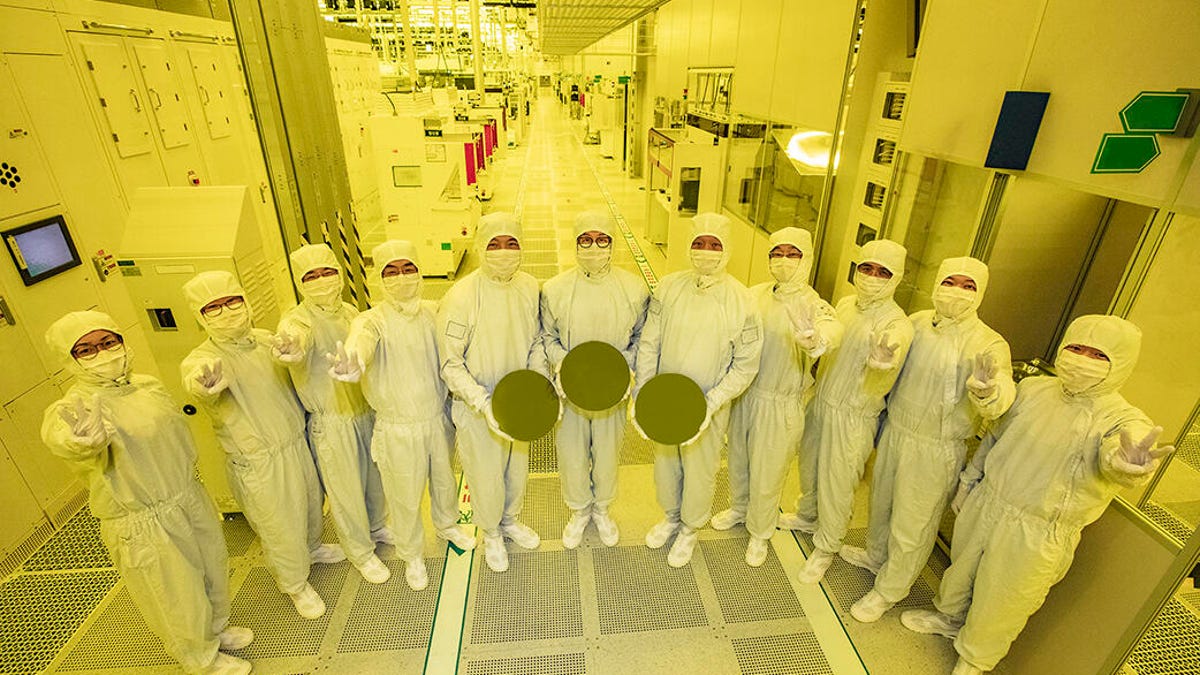
The U.S. government has announced a substantial incentive for Samsung Electronics, offering up to $6.4 billion in direct funding to elevate the company’s semiconductor production capabilities in Texas. This decision by the Commerce Department marks a significant move under the CHIPS and Science Act, aimed at reinforcing domestic chip production amidst a global semiconductor shortage that has affected various industries.
Samsung has pledged a monumental investment of $45 billion into expanding its semiconductor manufacturing operations. This includes the enhancement of two existing facilities—one currently under construction in Taylor and another longstanding facility in Austin. Moreover, plans are underway for the establishment of an advanced packaging plant along with a research center, indicative of Samsung’s commitment to innovation and growth in the semiconductor industry.
This funding positions Samsung as the third-largest recipient of support from the U.S. government, trailing behind Intel and TSMC, which have also received substantial grants for their investments in U.S semiconductor production. Intel secured $8.5 billion for a $100 billion investment last month, while TSMC received $6.6 billion for its $65 billion investment, showcasing the U.S.’s aggressive push to secure a leading edge in the semiconductor sector.
Samsung’s initiative is not only aimed at expanding its production footprint but also at fostering a robust semiconductor ecosystem within the U.S. According to Samsung co-CEO Kyung Kye-hyun, the investment will enable Samsung to meet the anticipated rise in demand from U.S. customers for futuristic products, including AI chips, by employing state-of-the-art process technologies. This move is expected to not only enhance the security of the U.S. semiconductor supply chain but also to cement the nation’s status as a premier destination for global semiconductor manufacturing.
Since initiating operations in Austin in 1996, Samsung has continually upgraded its chip production facilities. The Taylor facility, whose construction kicked off in 2021 with an initial investment of $17 billion, plays a key role in Samsung’s strategy. The company plans to manufacture advanced chips ranging from the 4-nanometer (nm) to the 2-nanometer node, highlighting its commitment to innovation and leadership in semiconductor technology.
The announcement comes at a crucial time for Samsung, as it begins to bounce back from a recent downturn in the memory chip market. The company has forecasted a significant surge in its operating profit for the first quarter, indicating a recovery and positive momentum in its business operations. This move underscores the critical role of semiconductors in modern technology and the strategic efforts by leading nations and corporations to secure supply chains and drive future advancements in this essential sector.
Source






